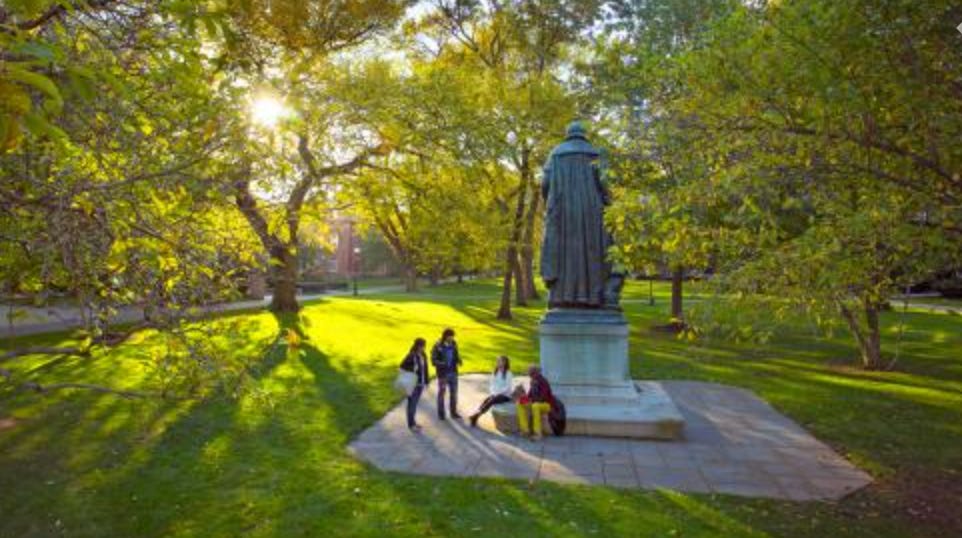Today, we’re covering a major announcement from the Scarlet Knights — Rutgers has become the first institution to require proof of COVID-19 vaccination. Read on to learn about the possible downstream effects.
Today’s Pulse is 800 words, or a 6 minute read.
If you like what you read, make sure to drag the email to your “primary” tab!
COVID-19 VaccinesRutgers to require COVID-19 vaccines for all students
The pulse:
Rutgers just became the first university to announce that all incoming and returning students must be vaccinated against COVID-19 in order to return to campus this fall.
Who exactly does this mandate apply to?
All students who will be on campus will be required to get a COVID-19 vaccine. This does not apply to students enrolled in fully remote online degree programs. Interestingly, the mandate also doesn’t apply to faculty and staff.
Why doesn’t it apply to faculty and staff?
Faculty and staff will be encouraged to get vaccinated, but not required to do so. To explain this, the school put out a statement saying:
"The Rutgers data clearly reflects that students have a 60 percent to 70 percent higher positivity rate than faculty and staff. This is to be expected since they are highly mobile and highly interactive. As we strive to build the safest community in the United States, we let the data guide us as we expanded the existing vaccine requirement for students. Given that students are easily identified as a cohort creating transmission and infection, we chose to concentrate on them. Further, this is the community that goes back to their extended families and communities, and we believe that by concentrating on them we will make New Jersey safer."
What if students don’t feel comfortable being vaccinated?
Technically, students may request an exemption from vaccination for medical or religious reasons. Presumably, students uncomfortable with receiving a COVID-19 vaccine could pursue one of these routes to skirt the requirement.
Can Rutgers really do this?
They just did. In a statement, the school cited President Biden’s commitment to ensuring every adult in the U.S. is able to get a vaccine by May as one reason for the new policy. There’s also certainly plenty of legal precedent —most universities already require incoming students to receive vaccinations for diseases such as meningitis and hepatitis. Most experts believe there’s no indication that the COVID-19 vaccine would be viewed differently.
Source: Rutgers University
What could this mean for other universities?
Seeing a large, public university such as Rutgers take a hardline stance on COVID-19 vaccination status could inspire other universities to follow suit. As more data comes out regarding vaccinations in older children and teens, we may even see similar policies in high schools soon.
Bottom line it for me:
Rutgers just became the first university to mandate proof of COVID-19 vaccination for all on campus students. We won’t be too surprised if see other universities roll out similar policies soon.
In other news…
Pfizer and Moderna are starting COVID-19 vaccine trials in children under the age of 12. These trials will be a pivotal step towards immunizing children and allowing schools to safely re-open.
On Monday, AstraZeneca shared that their COVID-19 vaccine had a 79% efficacy in a U.S. trial. However, since the initial announcement, medical experts have publicly questioned the validity of this number. AstraZeneca appears to not have included more recently confirmed COVID-19 cases in its vaccine cohort, which would put the actual efficacy somewhere between 69-74%.
There is some good news for AstraZeneca shareholders: A new study shows that one of its targeted cancer drugs, olaparib, may confer a significant survival benefit to women with BRCA positive ovarian cancer. Some experts think the positive results have the potential to change the standard of care in ovarian cancer.





